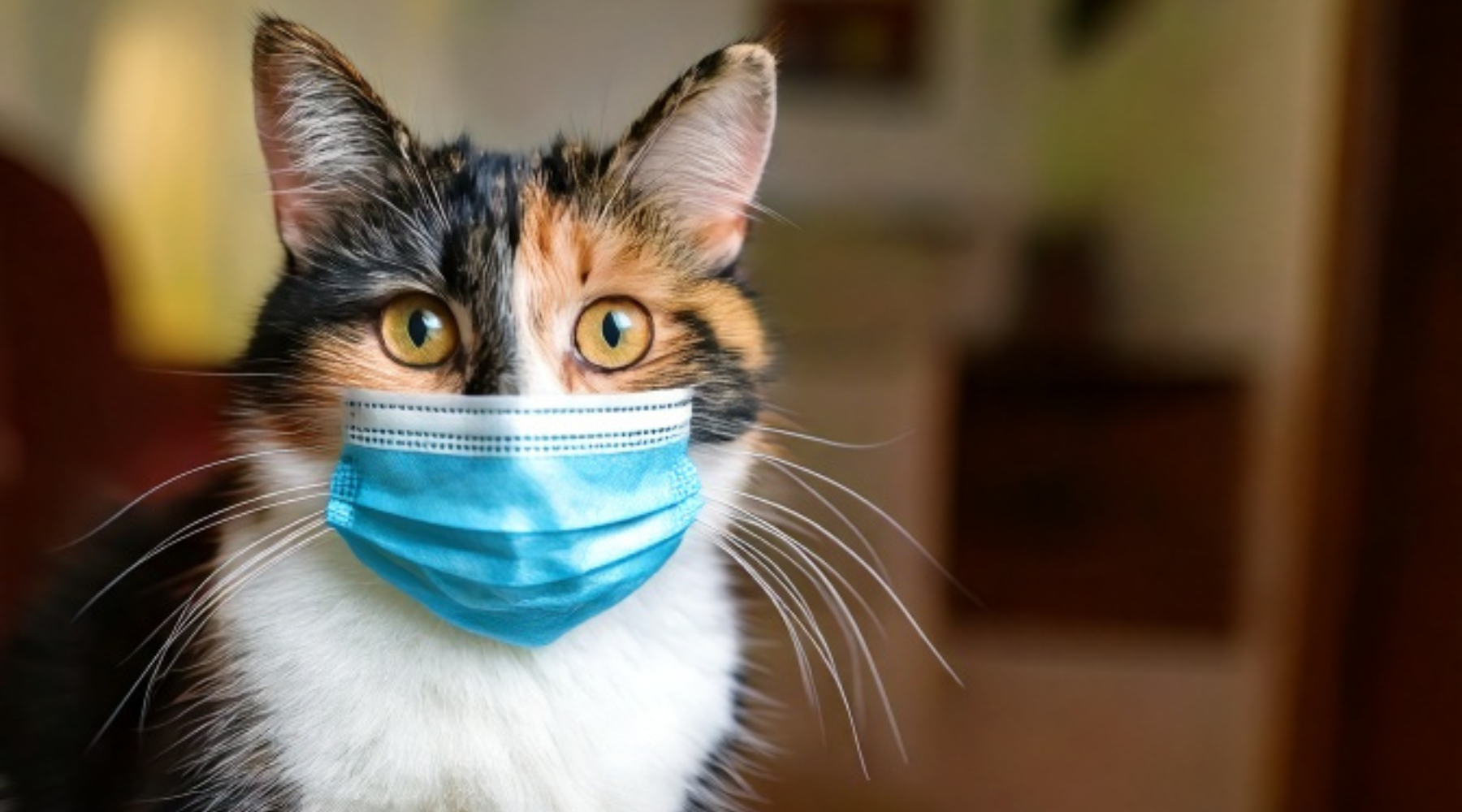Adam’s Journal
I keep seeing headlines about cats contracting bird flu. Should my wife and I be exercising any sort of precautions when it comes to our cat , February, or being around her? Unfortunately, I think getting Febs to wear a mask is not a realistic option.
Dr. Criley Prescribes
This is a common question for veterinarians these days!
Cats are, indeed, susceptible to the H5N1 strain of avian flu. Considering the millions of cats in the U.S. (an estimated 42 million American households are home to at least one cat), the documented number of cases is quite low. Confirmed cases only total in the low hundreds since the newest strains of avian flu began appearing in 2024.
Still, when cats do become infected, the fatality rate is high: About 90% of those diagnosed with the virus will succumb to the infection.
Clinical signs to watch for include lack of appetite, fever, discharge from the nose or eyes, and neurological signs like tremors. If a cat displays these symptoms, promptly take them to the veterinarian.
Fortunately, there are easy steps you can take to minimize February’s risk of contracting the virus. Importantly, do not feed her a raw diet, which has been linked to avian flu infections in cats. Don’t allow her to eat uncooked poultry or unpasteurized dairy products, another source of bird flu infections. Relatedly, carefully sanitize surfaces and hands that come into contact with raw meat.
You should also keep February inside. Time in the great outdoors could expose her to infected wild birds.
If she wasn’t a city cat, Febs would also risk exposure to dairy cattle. Many of the cases involve feral or barn cats coming in contact with poultry or dairy farms. There have even been cases of indoor cats living with agricultural workers presumed to have gotten sick through viruses their humans brought home on clothing.
As far as the risk that cats pose to people, it is extremely low. While there have been rare examples of feline-to-person transmission with past strains of bird flu, there have been no documented cases with the recent variants. And given the rarity of avian flu infections in cats – particularly in indoor ones like Febs – I think both you and she have little to worry about.
–
Dr. Jennie Criley is the attending veterinarian and director of comparative medicine at the Oklahoma Medical Research Foundation. Adam Cohen is OMRF’s senior vice president and general counsel. February is an extremely cute cat who doesn’t know what medical research is. Submit your health questions to contact@omrf.org.



